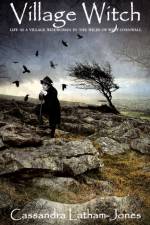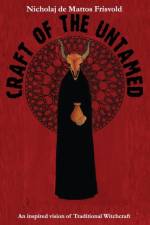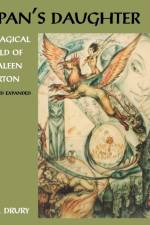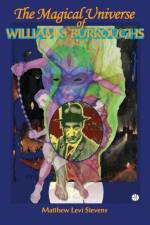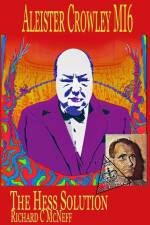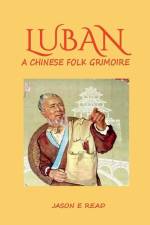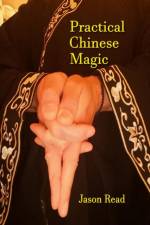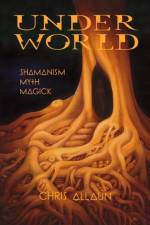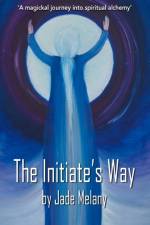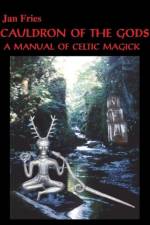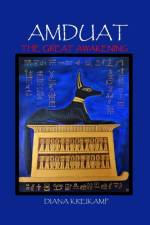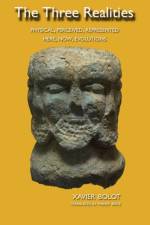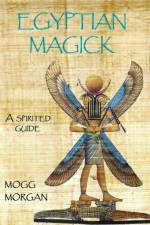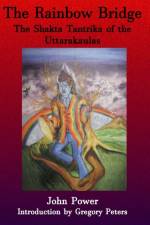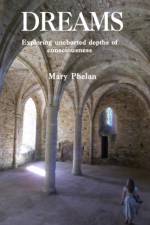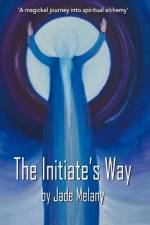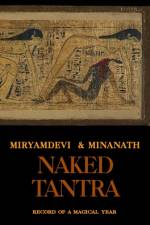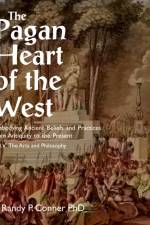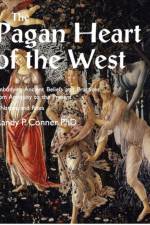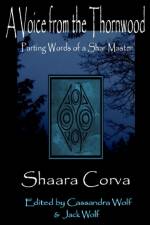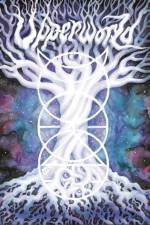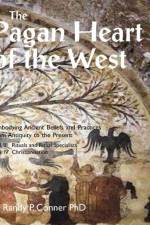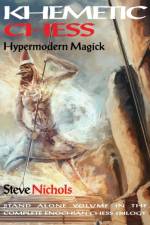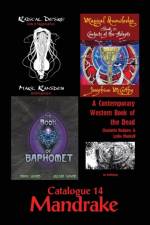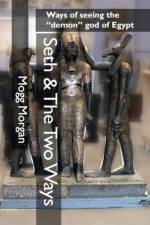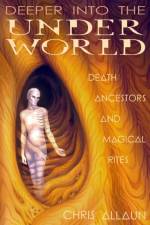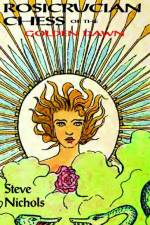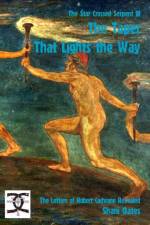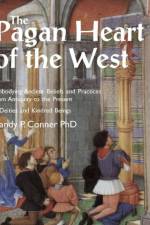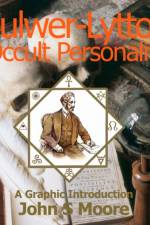av Xavier Bolot
261
An understanding of the three realities (physical, perceived, represented) enables us to make sense of concepts encountered in everyday life, in a negotiation, observing a physical phenomenon, a sports competition, biology, psychology or architecture.Why is it that, in a cathedral, if we take notice, we can see curved pillars whereas we know that they have been built straight, and that in taking a photo we can see another curve?According to individuals, eras, civilizations, these three realities have co-existed in a balanced way or not, evolving at different rates.What is happening at the present time?What kind of reaction does postmodern man have, faced with antiquated institutions inherited from modernity: trade unions, political parties, fellowships, religions, academies, old schools? How can we account for absenteeism at elections, the disaffection of institutional arts, the development of tribes, huge drinks parties, raves, Hip Hop where we dance on our head?This book involves us in a multiple and decompartmentalized approach to the world.Similarly, in daily life the average person supposes that, in principle, what he sees, what he hears, what he feels, corresponds to a solid reality, an undeniable truth of things. Yet at the same time, he will be able to adapt to any changes in perception that challenge his representation of things, taking a new path and perceiving the new reality. His new reality will be a new interpretation of his perceptions, in other words a new representation of the world. Perception takes place in the presence of an object. Representation is constructed in the absence of the object. Representation is built from perceptions, but also from other factors, like memory or purpose.Illusions are inherent to our biological constitution and functioning. According to Spinoza, the purpose of our body is to persevere in its own being, in other words to survive in the best possible environment and conditions. In this context, our visual system is not a photographic device. Our eye contains a lens, but our retina and visual system anticipate and transfigure the world, to bring about our life-saving actions.

